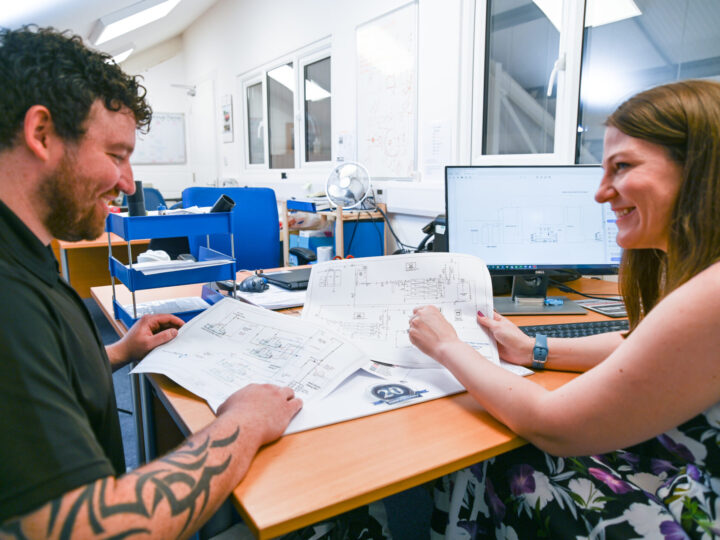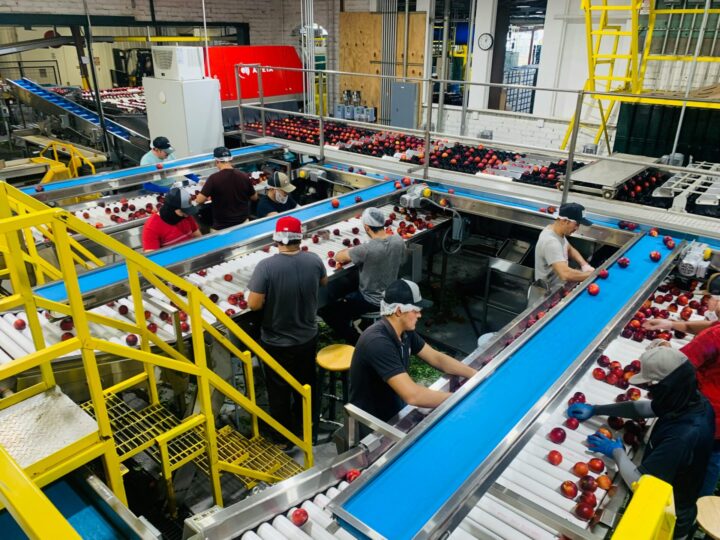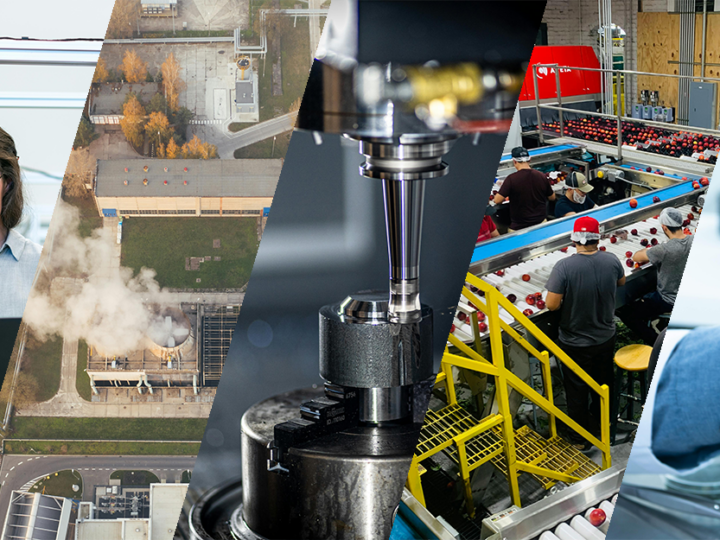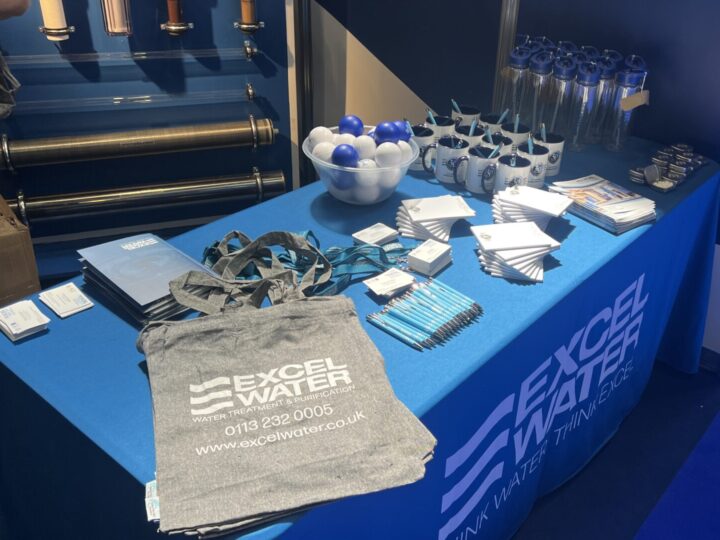
An inside guide to assessing the purity of your water
Jessica Dodgson - 16th Nov 2023
An inside guide to assessing the purity of your water
Water plays an integral part in product quality. Poor water quality = poor end product.
However, assessing how clean your water is isn’t as simple as turning on a tap and seeing how clear it looks. It takes considerable insight to assess the true state of your commercial water supply, not to mention the relevant equipment.
Some businesses may be tempted to assume the standard of their water is fine
However, if they aren’t 100% sure of what state their water’s in, how can they guarantee the quality of their end product?
Water purity is measured by assessing its conductivity, in other words, its ability to conduct electricity. This conductivity is measured in Megaohms, micro-siemens (µs/cm) or Total Dissolved Solids (TDS).
What does pure water really look like?
Ultrapure water, or type 1 water, is the ideal, which in layman’s terms is ‘water that’s been processed to remove any impurities and contains just H2O.’ But that’s just the top level definition of it.
From a technical/expert’s (i.e. our perspective), pure water is available in a variety of different grades, depending on what it’s being used for. The microbiological make-up of ultrapure water is a:
- Resistivity of 18.2 MΩ.cm, TOC < 10 ppb.
- Bacterial count of <10 CFU/ml.
All of the endotoxins will also have been removed, leaving behind water that contains <0.03 EU/ml, with nucleases and proteases at non-detectable levels.
The table below shows the microbiological make-up of the different levels of purified water
Most of the businesses we work with don’t require pharmaceutical-grade water. The vast majority just need manufacturing standard water, which is less than 30µs/cm or less than 1 µs/cm.
| Maximum contaminant levels in purified water | |||||||||||||||||||
| Contaminant | Parameter | ISO 3696 (1987) | ASTM (D1193-91) | NCCLS (1988) | Pharmacopoeia | ||||||||||||||
| Grade 1 | Grade 2 | Grade 3 | Type I* | Type II** | Type III*** | Type IV | Type I | Type II | Type III | EP (20 °C) | USP | ||||||||
| Ions | Resistivity at 25 °C [MΩ·cm] | 10 | 1 | 0.2 | 18.2 | 1.0 | 0.05 | 0.2 | >10 | >1 | >0.1 | >0.23 | >0.77 | ||||||
| Conductivity at 25 °C [μS·cm−1] | 0.1 | 1.0 | 5.0 | 0.056 | 1.0 | 0.25 | 5.0 | <0.1 | <1 | <10 | <4.3 | <1.3 | |||||||
| Acidity/Alkalinity | pH at 25 °C | – | – | 5.0–7.5 | – | – | – | 5.0–8.0 | – | – | 5.0–8.0 | – | – | ||||||
| Organics | Total Organic Carbon/p.p.b.(μg/l) | – | – | – | 10 | 50 | 200 | – | <50 | <200 | <1000 | <500 | <500 | ||||||
| Total Solids | mg/kg | – | 1 | 2 | – | – | – | – | 0.1 | 1 | 5 | – | – | ||||||
| Colloids | Silica [μg/ml] | – | – | – | <2 | <3 | <500 | – | <0.05 | <0.1 | <1 | – | – | ||||||
| Bacteria | CFU/ml | – | – | – | \ – | – | – | – | <10 | <1000 | – | <100 | <100 | ||||||
Of course, water quality isn’t monitored for the sake of just monitoring it, there are numerous stringent guidelines and regulations that must be adhered to, which include technical standards set by:
- The American Chemical Society (ACS)
- ASTM International
- The US Pharmacopeia (USP)
- The International Organisation for Standardisation, more commonly known as ISO, which classifies purified water into Grade 1 to 3 or Types I-V, depending on the level of purity
All of these organisations have similar, although not identical, parameters for assessing water quality and defining highly purified water. We always take all of these standards into consideration when working with all of our customers – there are also specific industry standards we often have to factor in too, such as the quality requirements for producing mouth wash or Adblue
What’s the key takeaway for businesses reading this blog?
Don’t ignore your water quality or assume that it’s ok. Failure to monitor it every six months (for non-critical applications) and as often as every week (for pharmaceutical applications) is crucial in ensuring product quality is maintained.
Not monitoring water quality comes with widespread consequences, including the fact you won’t know if it’s gone out of spec, which may mean having to get rid of a whole load of product because it doesn’t meet the required specification. In turn, this can lead to increased production costs and materials, as well as increased production time for putting everything right. Always remember, quality water = consistently quality results.
If you would like us to assess your water quality or if you’d like to find out more about our services, contact us on 0113 232 0005 or sales@excelwater.co.uk
Back to Latest News




